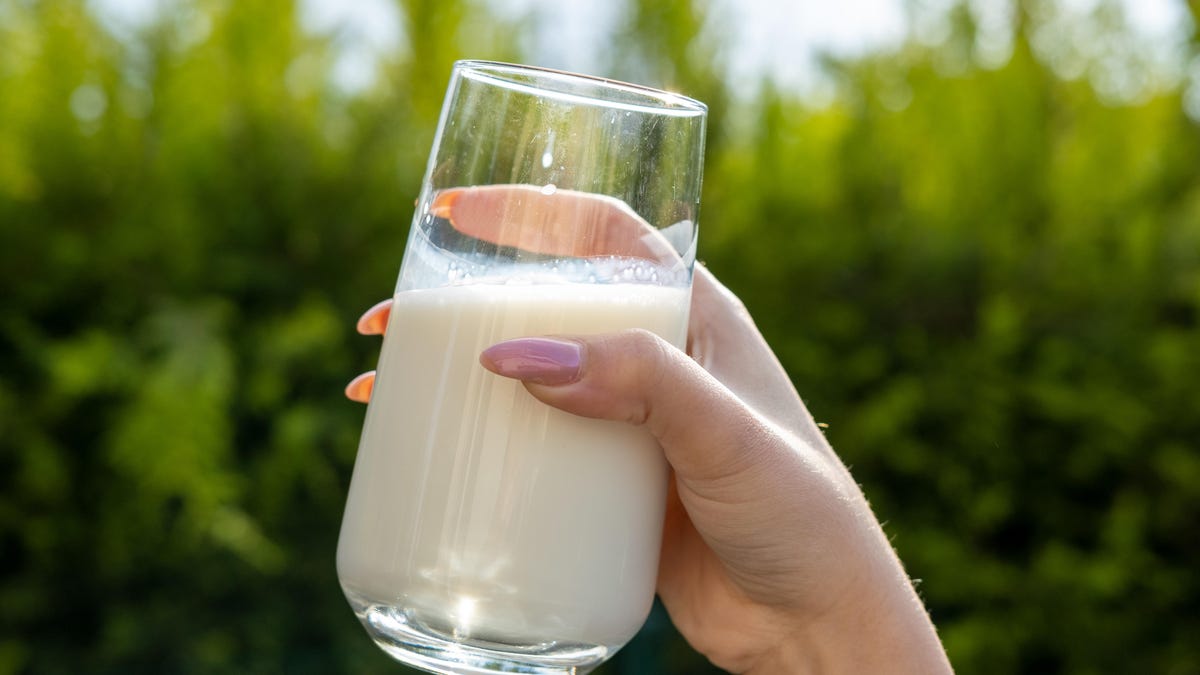Bird flu, also known as avian influenza, has been making its way through the poultry industry in the US since late 2021. Now, the virus has reached cows on farms in Kansas, Texas, New Mexico, Michigan, and Idaho, with Ohio pending test results, according to the US Department of Agriculture. The US Centers for Disease Control and Prevention confirmed the second-ever human case of bird flu (H5N1) in the US on Monday, in a person from Texas who had direct contact with sick cows.
Despite the spread of bird flu, the CDC reassures the public that the threat is low for those who do not come into contact with affected animals. Health agencies are closely monitoring the situation, looking out for any changes in the virus that could increase the risk to humans.
Concerns over the safety of milk from sick cows have also arisen. According to the US Food and Drug Administration, as long as milk has been pasteurized, there is no risk to the milk or dairy products sold in the US. However, questions remain about unpasteurized or raw milk, which has gained popularity among those seeking more natural or holistic food options.
Experts caution against consuming raw milk due to the potential health risks, especially for children, older adults, pregnant women, and those with weakened immune systems. While the CDC states that it is unclear whether H5N1 viruses can be transmitted through unpasteurized dairy products, they advise against consuming raw milk.
Pasteurization, a process used to kill harmful bacteria and pathogens in milk, would also eliminate the bird flu virus. Health officials emphasize that pasteurized dairy products are safe for consumption. Proponents of raw milk cite taste and texture preferences, as well as anecdotal health benefits, but research suggests that the nutritional benefits of raw milk may be overstated.
Overall, the risks of consuming unpasteurized milk outweigh the potential benefits, according to health experts. Drinking raw milk can expose individuals to serious illnesses like E. Coli and Listeria, with vulnerable populations at higher risk of severe health effects. While proper hygiene practices on farms can reduce the risk of contaminated milk, it may not eliminate it entirely.

